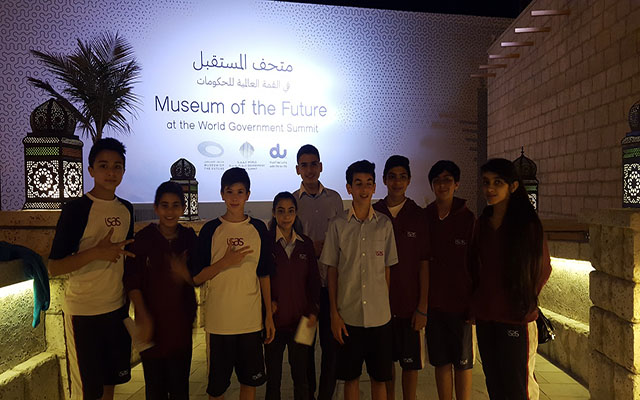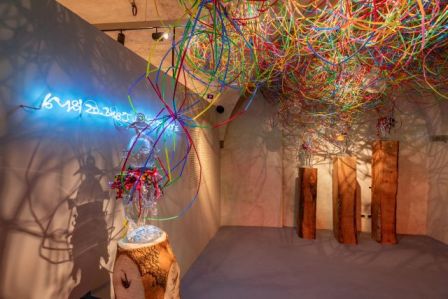
SUSTAINABLE THINKING
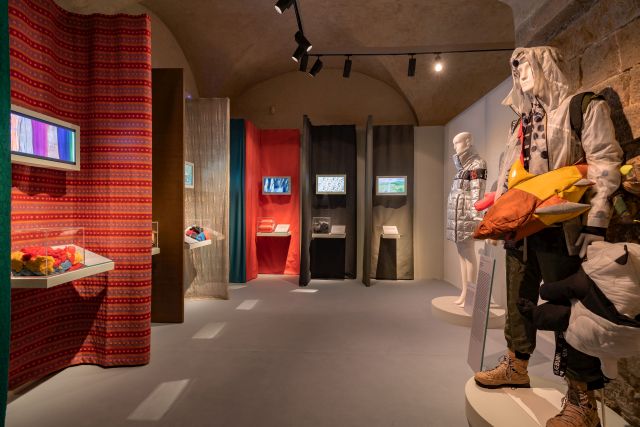
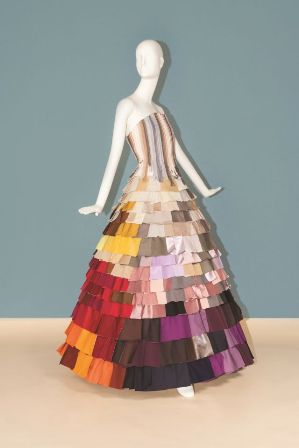
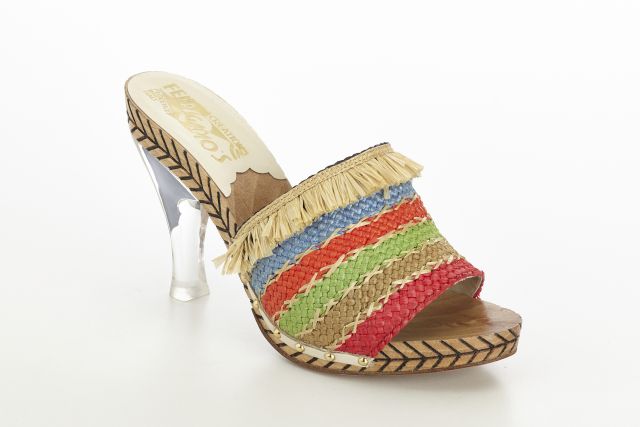
Florence, 12 April 2019 – Sustainable Thinking was inaugurated yesterday at Museo Salvatore Ferragamo. This new exhibition explores Ferragamo sustainability from the pioneering spirit of the brand’s founder Salvatore Ferragamo in his revolutionary use of natural, recycled and innovative materials to the company’s more recent experimentation with environmentally-friendly materials and techniques.
Designed by Stefania Ricci, Director of Museo Salvatore Ferragamo and Fondazione Ferragamo, with Giusy Bettoni, Arabella S. Natalini, Sara Sozzani Maino and Marina Spadafora, the exhibition examines the vital issue of sustainability through artistic/cultural works depicting its developments and interpretations.
Sustainable Thinking addresses a wider public, taking on the burden and the honour of inspiring reflection on the increasingly crucial and contemporary issue of environmentalism, using the language of fashion, art and materials. The exhibition presents the work of artists and international fashion designers who have given us their interpretation of a more mindful relationship with nature and its deep connection with technique, the use of organic materials and creative recycling, to highlight the importance of a collective commitment and a more enlightened way of thinking embraced by all.
Materials are the common theme throughout the exhibition: the ideal itinerary begins with the founder Salvatore Ferragamo’s research into materials starting in the 1920s, including hemp, cellophane and fish skin, to then explore the stories behind luxurious materials that, after reaching the end of their first life cycles, are transformed into quality products, becoming tangible examples of a circular economy. Installations created using ancient crafting techniques present both the art of recycling and the rediscovery of handcrafting traditions, fundamental aspects of sustainable thinking. Moreover, the materials create layers of meaning, in which art is the tie between different cultural fields to be preserved in their diversity. Through experimentation, smart technologies open the door to change, leading to a virtuous rediscovery of natural fibres in an inexorable return to nature.
The exhibition will also feature some of the original shoes created by Salvatore Ferragamo from the 1920s through the 1950s, preserved in the fashion brand’s historic archives. To commemorate this event,
Ferragamo’s Creations has recreated five iconic shoes from the brand’s past: faithful reproductions celebrating the company’s founder, a true pioneer who experimented with innovative, natural and recycled materials and used them in his collections.
Sustainable Thinking extends beyond Museo Salvatore Ferragamo with two special sections curated by Sergio Risaliti, open to the public until July at two of the most important Florentine museums: Palazzo Vecchio (in the Sala delle Udienze), a symbol of Florence and where the city government is located, and Museo Novecento.
The exhibition opened following the “A conversion on sustainability and the future of fashion” Symposium, held on Wednesday 10 April at Palazzo Vecchio in the Salone De’ Cinquecento, with the participation of major universities and fashion and design schools.
Renowned fashion, architecture and art experts spoke at the Symposium, sharing their perspectives and experience with sustainability, defined as “development that meets the needs of the present without compromising the ability of future generations to meet their own needs” (The Brundtland Report, 1987).
The Symposium was moderated by Camila Raznovich and the speakers included Sara Sozzani Maino (Vogue Italia) and Marina Spadafora (Fashion Revolution), Matteo Ward (WRAD) and Andrea Taborelli (Tessuti Taborelli), François Souchet (Ellen McArthur Foundation), Mauro Micillo (Intesa Sanpaolo), Jan Pachner (One Ocean Foundation), Francesca Vecchioni (Diversity Lab), Lucy and Jorge Orta (Studio Orta) and Mario Cucinella (Sos School of Sustainability).




